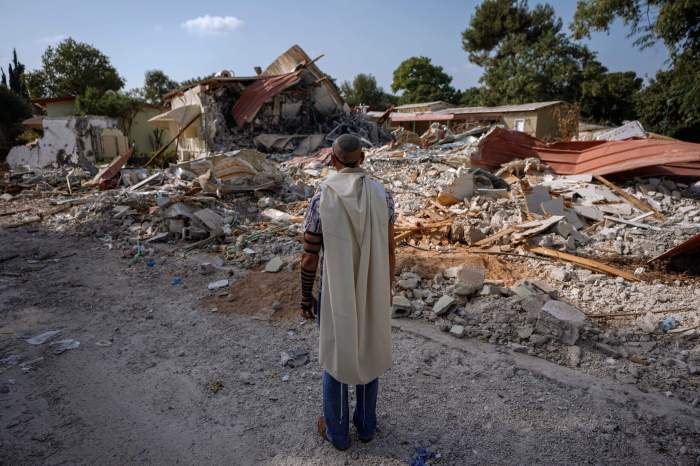In the waning hours of the 2014 legislative session, New York’s lawmakers took a welcome step forward in making our state the 23rd to allow some sale of medical marijuana. But they made an unfortunate, if necessary, shift backward when they decided teachers will not be censured or fired for the next two years if they get poor evaluations when their students do badly on standardized tests.
The pilot medical marijuana program will be about as conservative a start as possible, thanks to a deal between Gov. Andrew Cuomo and legislators.
The marijuana will be available in only edible, oil, vaporized and pill forms. The state Department of Health will oversee the program, which keeps control in Cuomo’s hands. And the law gives a governor the ability to end the program at any time if it gets out of control.
Only 10 illnesses will qualify at the outset, including AIDS, epilepsy, cancer and multiple sclerosis, although new ones can be added. Patients will need a state-issued ID card, and physicians will need training to prescribe it.
It’s a restrictive approach. But marijuana is so readily available illegally that it would be unfair for the state to prohibit access to individuals who have a medical need but refuse to break the law. Cuomo’s goal is to create as many benefits from legalization — with as few problems — as possible. Going slow allows for the collection of data and the tweaking of regulations, which makes sense.
Meanwhile, the state Board of Regents, the Education Department and Cuomo over the last year have conceded that the rollout of new curricula based on Common Core standards was botched. Consequences of poor test results were postponed for students, and once that happened it was likely something similar would be done for teachers.
The delay should be used to get curricula, teaching and public support for Common Core in order, and not to weaken or eliminate evaluations based on measurable standards of student achievement. Getting widespread buy-in from educators, students and parents for tougher standards and heightened achievement is crucial. So far it hasn’t happened. The reprieve represents another opportunity.

















